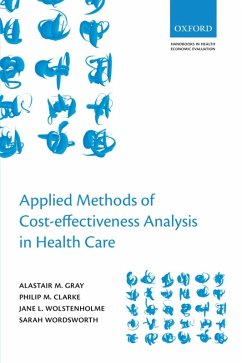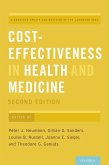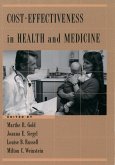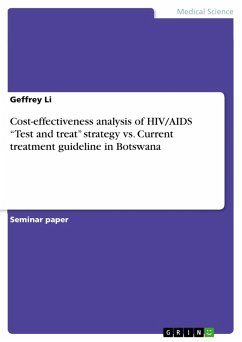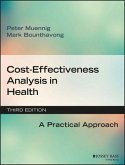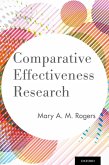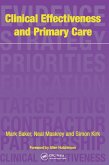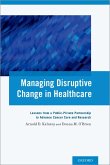The third volume in the Handbooks in Health Economic Evaluation series, this book provides the reader with a comprehensive set of instructions and examples of how to perform an economic evaluation of a health intervention. It focuses solely on cost-effectiveness analysis in health care. The book is developed out of the Advanced Methods of Cost-Effectiveness Analysis course taught at the University of Oxford and the four main sections mirror the four principal components of the course: Outcomes, Costs, Modelling using decision tress and Markov models, and Presenting cost-effectiveness results.&L ABOUT THE SERIES Series editors Alastair Gray and Andrew Briggs Economic evaluation of health intervention is a growing specialist field, and this series of practical handbooks tackles, in depth, topics superficially addressed in more general economics books. Each volume includes illustrative material, case histories and worked examples to encourage the reader to apply the methods discussed, with supporting material provided online. The series is for health economists in academia, the pharmaceutical industry and the health sector, those on advanced health economics courses, and health researchers in associated fields.
Dieser Download kann aus rechtlichen Gründen nur mit Rechnungsadresse in A, B, BG, CY, CZ, D, DK, EW, E, FIN, F, GR, HR, H, IRL, I, LT, L, LR, M, NL, PL, P, R, S, SLO, SK ausgeliefert werden.

